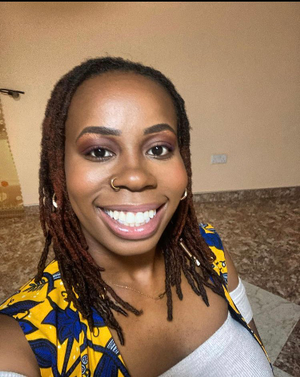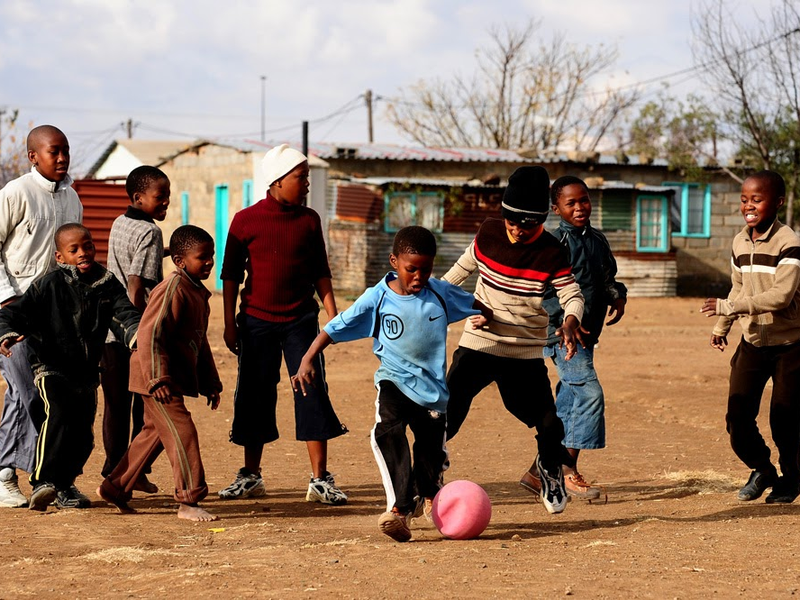(Image by Riadhriadh2004)(Image by Riadhriadh2004)
Soccer is the most popular sport in Africa and the Afro-Caribbean. Many soccer players, both of Africa and the African diaspora, dream of being recruited into European Soccer leagues and playing alongside the soccer idols they looked up to.
Racism in the soccer industry is not new to the world. However, its persistence, and the lack of infrastructure put behind reform, begs the question: does the European soccer industry love Black people as much as Black people love it?
Countless incidents of audience members displaying obscene racist actions continue to make headlines, including audience members throwing bananas on the soccer field, making monkey sounds and yelling racial slurs, and people harassing soccer players on social media.

(Paul Pogba playing a 2017 match. Image by Светлана Бекетова)
French-born Guinean Paul Pogba, one of the top African football players in the European soccer industry, has publicly spoken out about the racist treatment he has received at the hands of White audience members, both in stadiums and on social media platforms such as Twitter, while playing for Manchester United. Other Black players who have faced racism in the industry include athletes like French-Ivorian Reading and Ivory Coast National Team Player, Yakou Méïté, and British-Nigerian Premier League Club Chelsea and British National Team player, Tammy Abraham.
Consequences for racially motivated actions range from canceling games to hefty fines and a 10 game ban for audience members and soccer players, but this effort does not create profound change. The National Football Associations are refusing to properly act on this matter.
Organizations like Kick It Out and the Professional Footballers Association (PFA) are support systems that aim to negotiate the rights of players. However, issues of discrimination persist.
In April of this year, Ondřej Kúdela, a Slava Prague defender, made racially motivated comments to British-Nigerian player, Tammy Abraham, and was suspended for 10 games. These repercussions are mere slaps on the wrist, and without sustainable change, it is certain that racial injustices towards Black soccer players will continue.

(Tammy Abraham plays a match in 2016. Image by MackFuller98)
In 2014, the Sports People Think Tank and the University of Loughborough reported that approximately 3% of Black and Minority Ethnic Groups held leadership positions in European professional soccer teams, which indicates a disparity among Black and brown people in decision-making processes concerning solutions to racism in the soccer industry.
Perhaps if more soccer players of the African Diaspora invest in African teams, they may face less racial discrimination and be able to propel African-focused teams and organizations.
An example of this is German-born Ghanaian Kevin-Prince Boateng, who chose to play for the Ghana Football Association for 11 caps, and Yakou Méïté, who plays for the Ivory Coast National Team.
Who is your favorite soccer player? Comment below!

Nana Ama Addo is a writer, multimedia strategist, film director and storytelling artist. She graduated with a BA in Africana Studies from the College of Wooster, and has studied at the University of Ghana and Kwame Nkrumah University of Science and Technology. Nana Ama tells stories of entrepreneurship and Ghana repatriation at her brand, Asiedua’s Imprint ( www.asieduasimprint.blog ).





